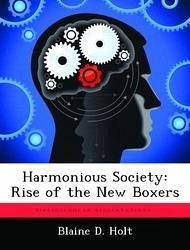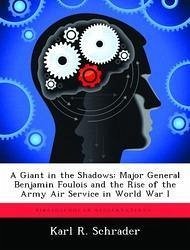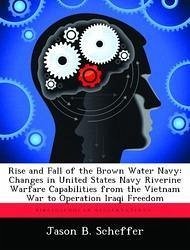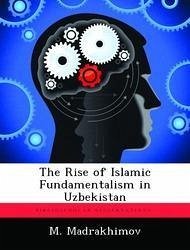Nicht lieferbar

Harmonious Society: Rise of the New Boxers
Versandkostenfrei!
Nicht lieferbar
China's President, Hu Jintao, calls his vision for leading China into the 21st Century "Harmonious Society". The term, which harkens back to the Boxer Rebellion (1898-1901) where the Chinese revolted against colonial/imperial powers and the U.S.' interests, is an interesting choice. The Boxers, in their quest to expunge China of "foreign barbarians," are hailed by today's PRC leaders as heroes of the state. The Chinese name for what the victorious eight-nation coalition, including the United States, Great Britain, Russia, Germany, Italy, Austria-Hungary, France, and Japan, dubbed Boxers, was s...
China's President, Hu Jintao, calls his vision for leading China into the 21st Century "Harmonious Society". The term, which harkens back to the Boxer Rebellion (1898-1901) where the Chinese revolted against colonial/imperial powers and the U.S.' interests, is an interesting choice. The Boxers, in their quest to expunge China of "foreign barbarians," are hailed by today's PRC leaders as heroes of the state. The Chinese name for what the victorious eight-nation coalition, including the United States, Great Britain, Russia, Germany, Italy, Austria-Hungary, France, and Japan, dubbed Boxers, was self-named the "Righteous and Harmonious Society." Gaining deeper insights into President Hu's "Harmonious Society" vision is possible when considering that the term's historical connotation describes an attempt to defeat foreign humiliation and abuse. From the recent dynastic periods to today, China's prolific history of lost global prominence, subjugation to colonial/imperial powers, civil war, closed communist era, and the opening of China in 1978, must be understood through the lens of contemporary Chinese politics. President Hu is China's champion or in western terms, a New Boxer. His ideals of checking western power and mitigating foreign influences in rising China resonate within China today. The question becomes whether China's ambitions will remain regional or will they extend to surpassing the U.S. as the de facto superpower in order to meet these ends in the 2030 timeframe?










